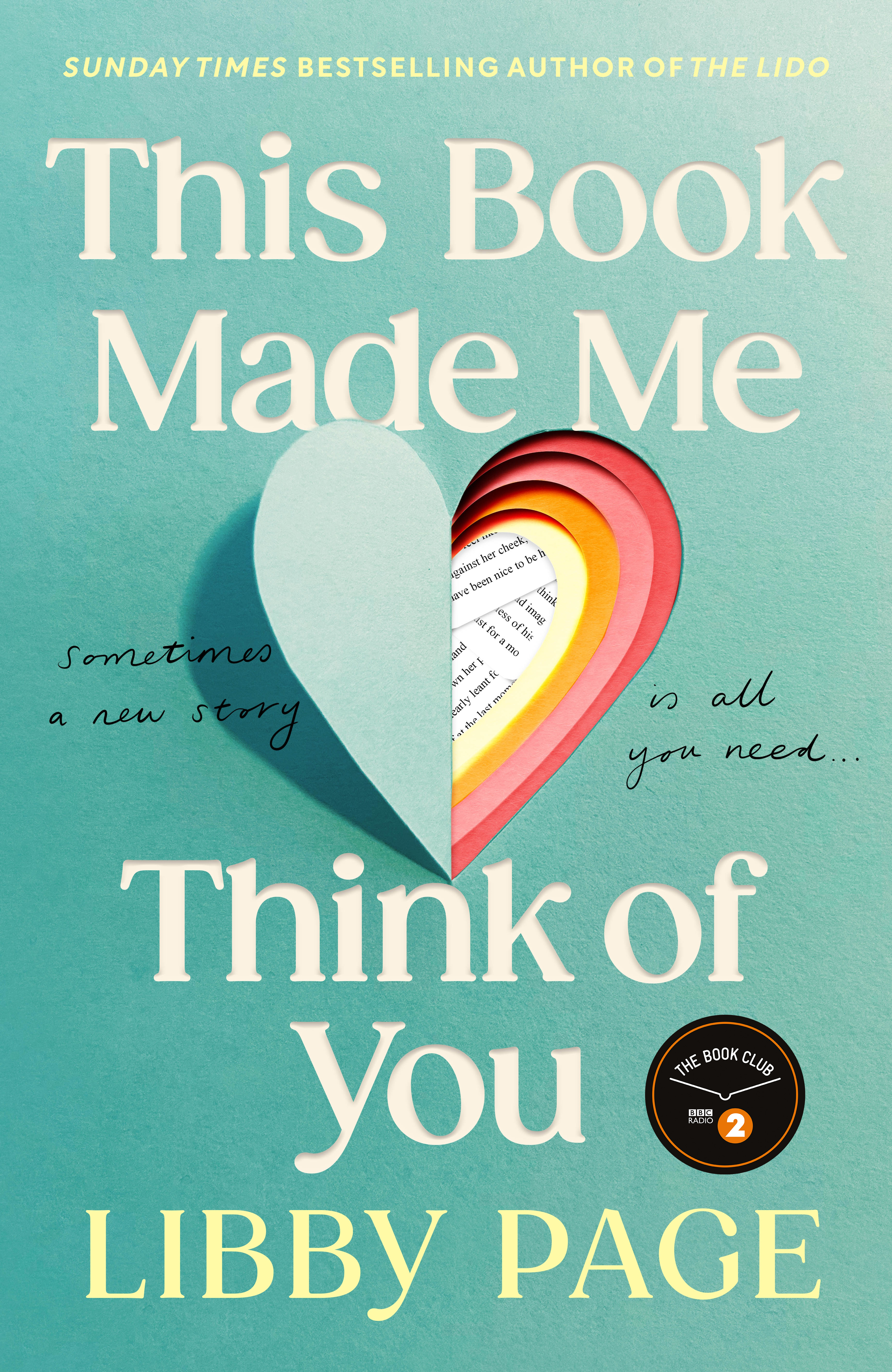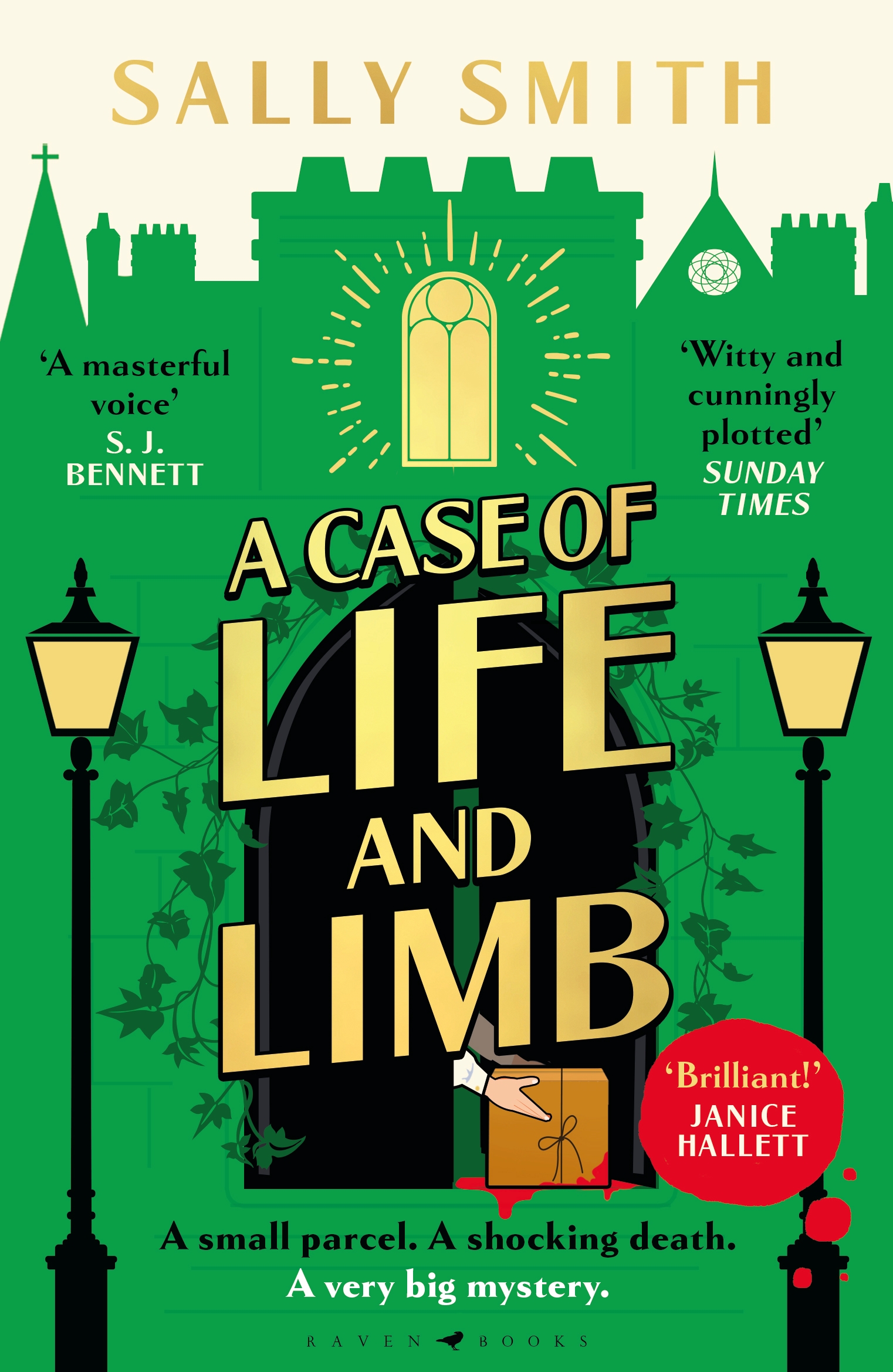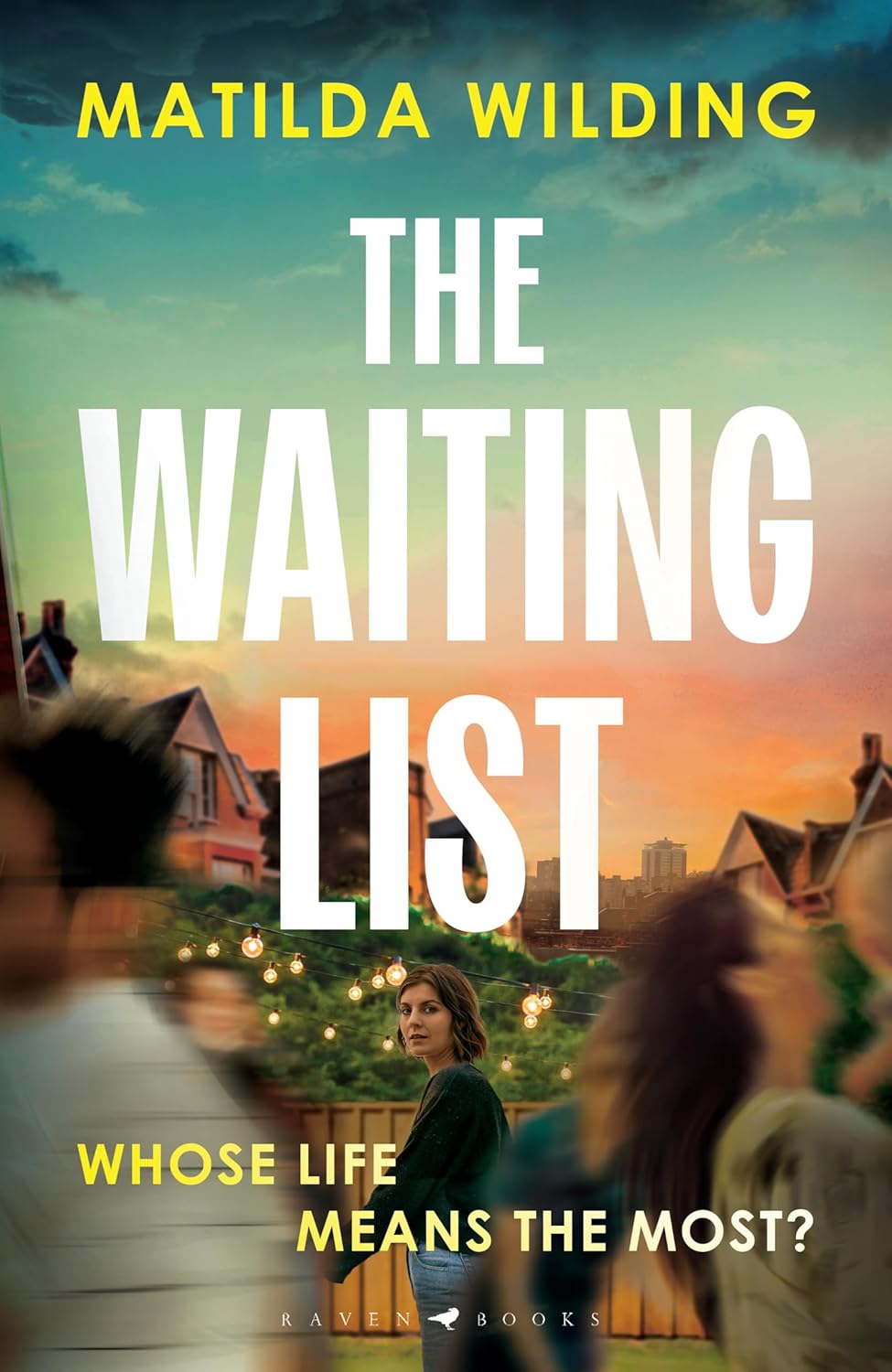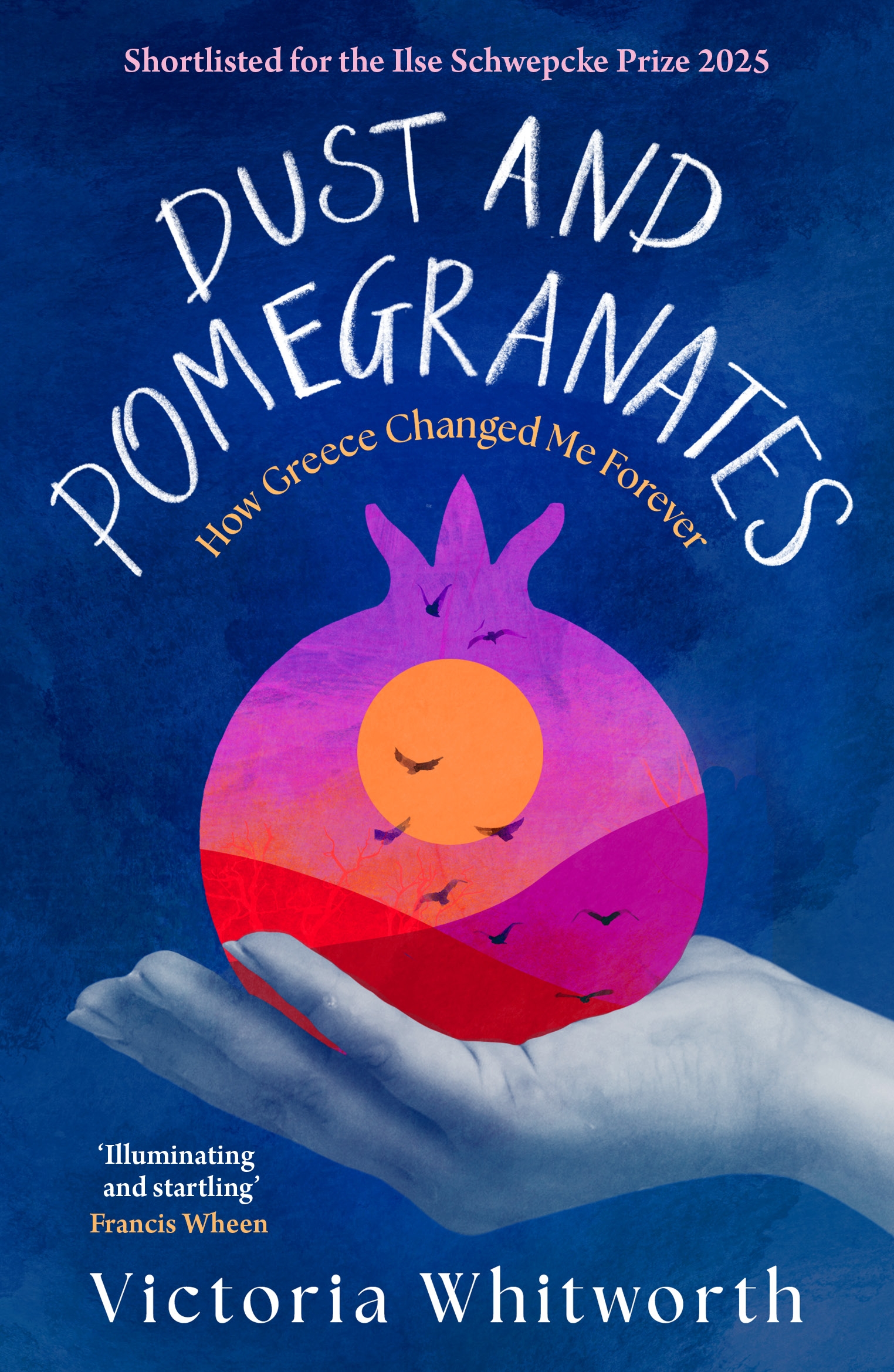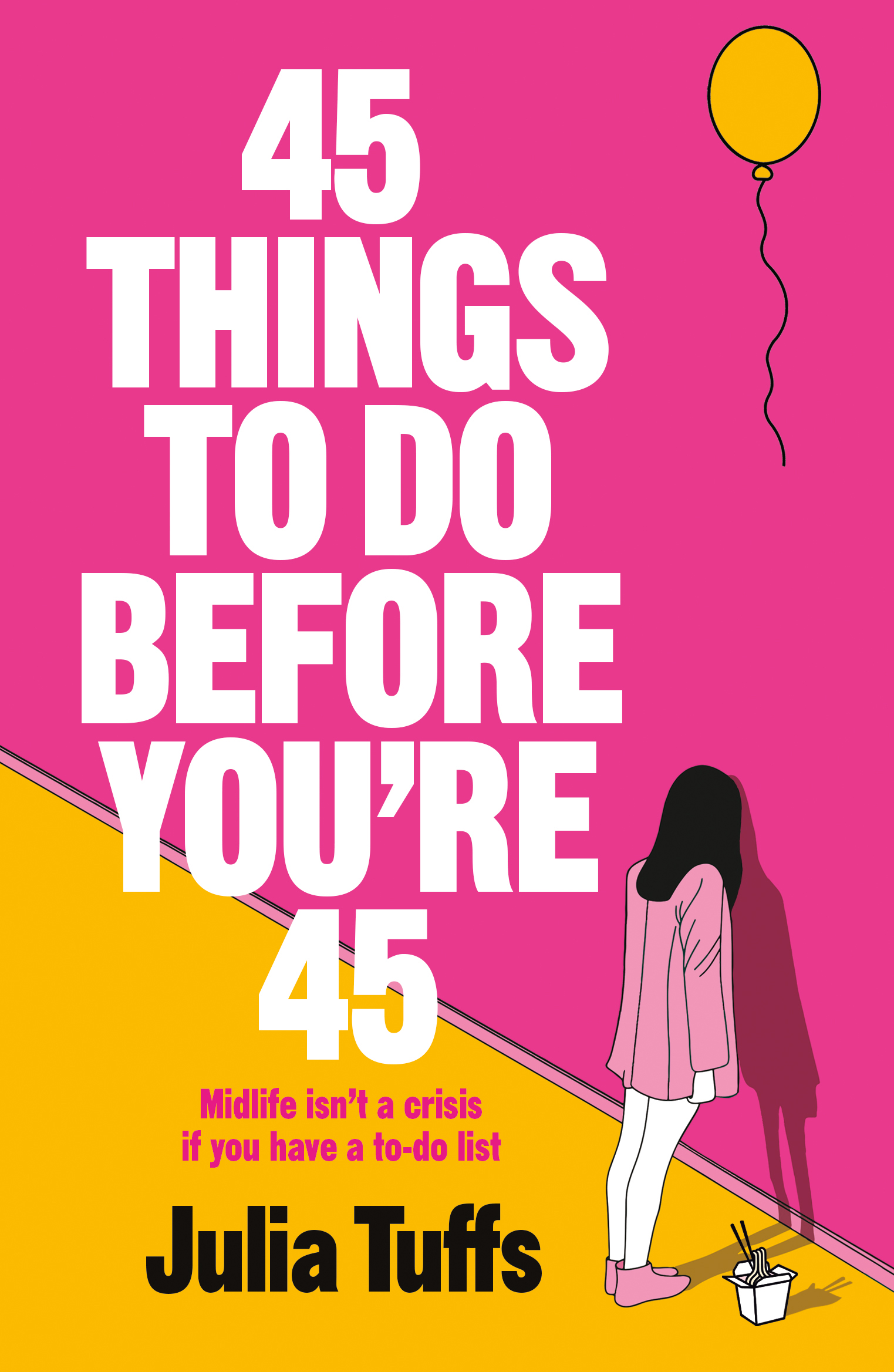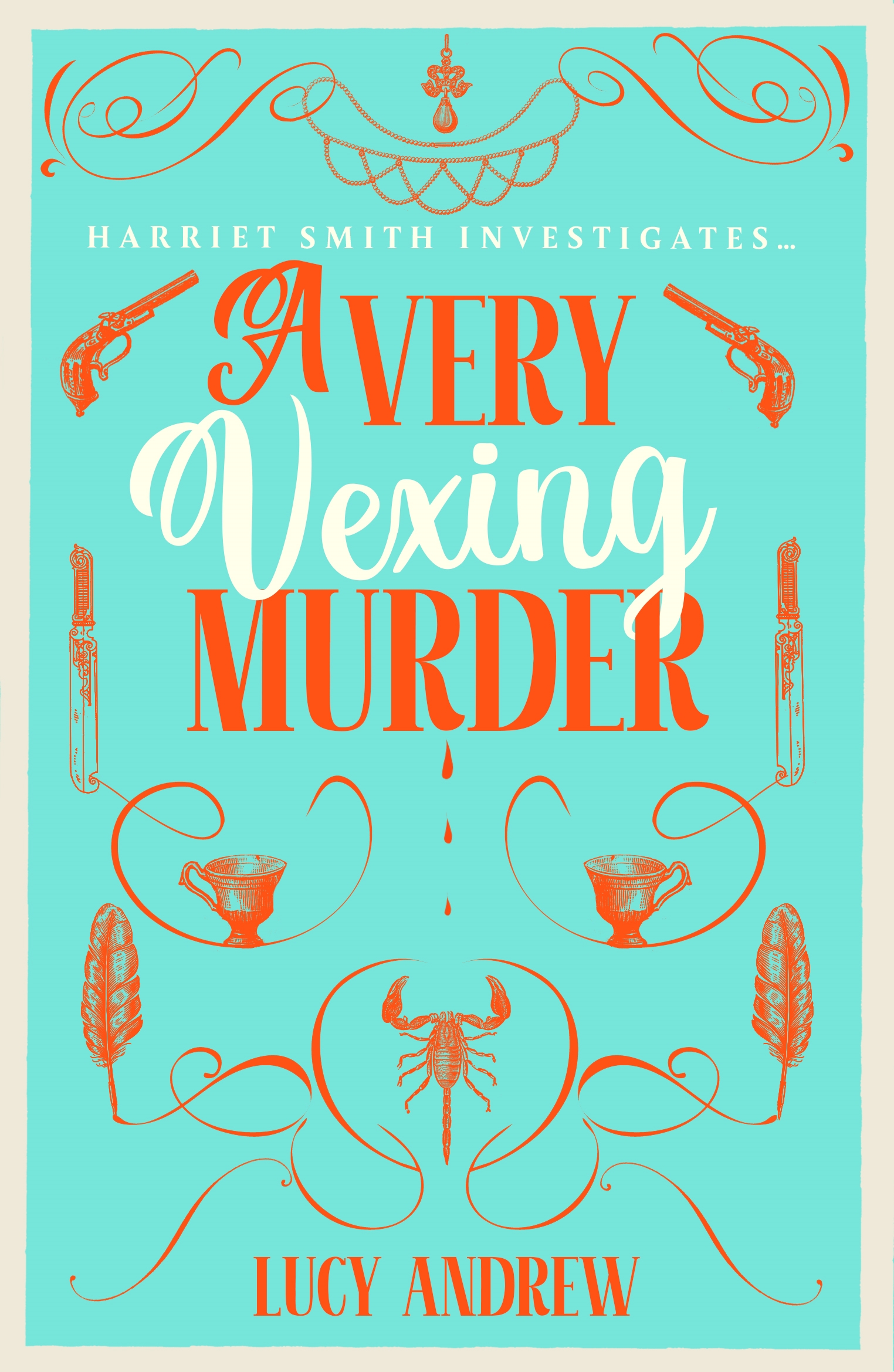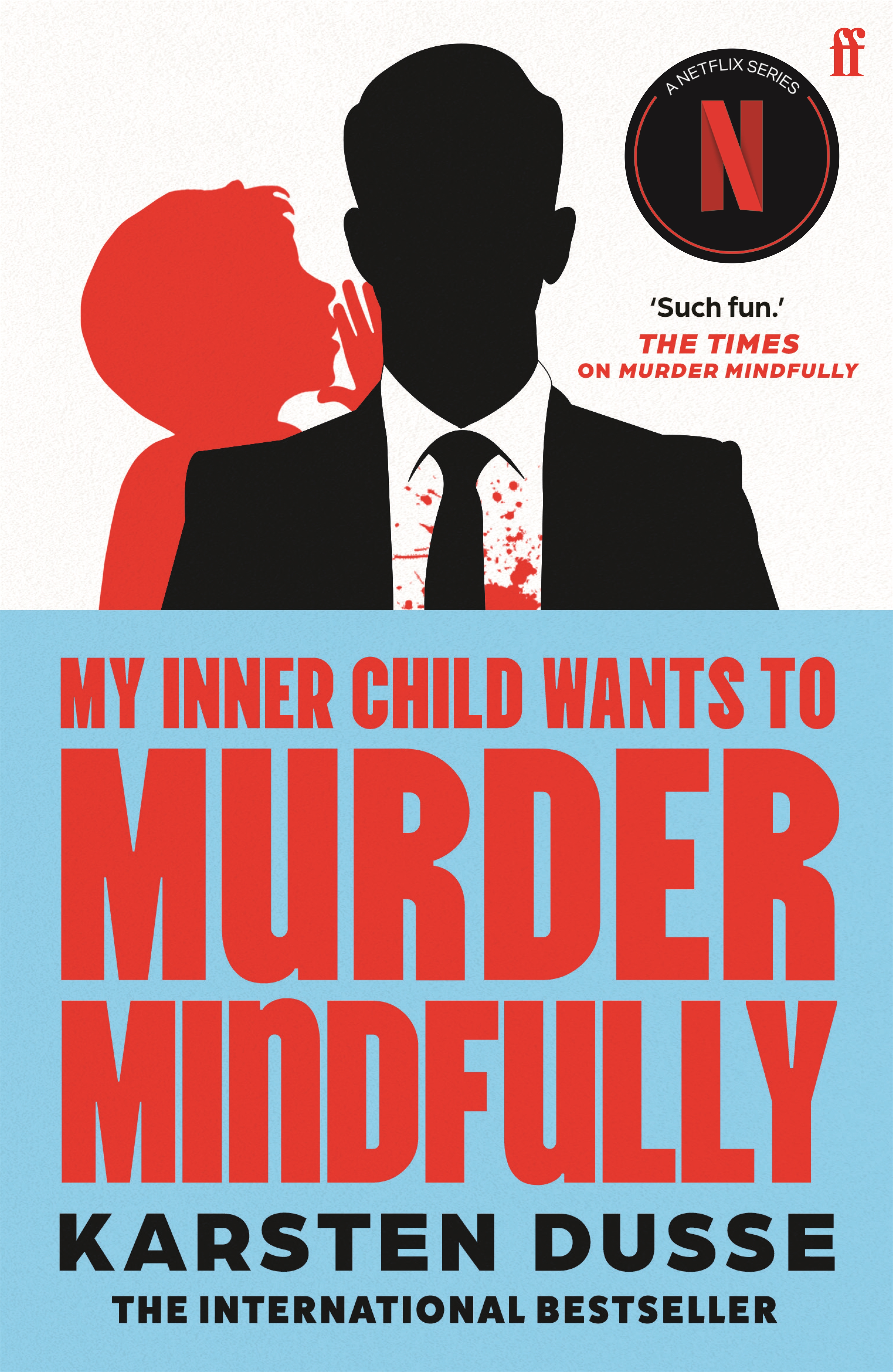Eileen: Shortlisted for the Man Booker Prize 2016

As seen:
By Ottessa Moshfegh
avg rating
2 reviews
SHORTLISTED FOR THE 2016 MAN BOOKER PRIZE
Fully lives up to the hype. A taut psychological thriller, rippled with comedy as black as a raven’s wing, Eileen is effortlessly stylish and compelling. – Robert Douglas-Fairhurst, The Times
The Christmas season offers little cheer for Eileen Dunlop, an unassuming yet disturbed young woman trapped between her role as her alcoholic father’s carer in his squalid home and her day job as a secretary at the boys’ prison, filled with its own quotidian horrors. Consumed by resentment and self-loathing, Eileen tempers her dreary days with perverse fantasies and dreams of escaping to the big city. In the meantime, she fills her nights and weekends with shoplifting, stalking a handsome prison guard named Randy, and cleaning up her increasingly deranged father’s messes. When the beautiful, charismatic Rebecca Saint John arrives on the scene as the new counselor at the prison, Eileen is enchanted and unable to resist what appears to be a miraculously budding friendship. In a Hitchcockian twist, her affection for Rebecca ultimately pulls her into complicity in a crime that surpasses her wildest imaginings.
Played out against the snowy landscape of coastal New England, blending true noir and the eerie, unforgettable books of Shirley Jackson and Flannery O’Connor, this mesmeric, terrifying, sublimely funny debut novel enthralls and shocks, and introduces one of the most original new voices in contemporary literature.
TweetReviews
Very chilling, perverted but excellent story telling. Two surprising twists near the end.
The story is about Eileen, a 24-year-old woman working in a young offenders’ prison in 1950s X-Ville, a suburb in the east coast of America. Her mother has passed away and she cares for her father, an alcoholic, retired police officer who is less than a model parent.
Eileen struggles with her self-image (she uses laxatives to control her weight and obsesses about her appearance), lusts after the teenage boys in the institution in which she works (there’s a particularly uncomfortable display of voyeurism with a boy in solitary confinement), and wonders what will become of her life.
In walks Rebecca, a young, glamorous woman who is hired to develop an educational programme for the prison. Eileen is intimidated and intrigued by Rebecca in equal measure, and they soon bond on a drunken night in a bar. The pair’s relationship is complicated when Rebecca discovers one of the prisoners was the victim of extreme sexual abuse, and takes the retribution for such horrors into her own hands.
We hear about the events above from Eileen 50 years after they occurred. She’s talking to us from the present about the past, and it can often be tricky (and wonderfully complex) to gauge how much hindsight influences the accuracy of her narration.
Clues about Eileen’s life after the events of the book are peppered throughout the narrative, giving glimpses of how her perspective has changed and where her life ended up when she left X-Ville (that’s not a spoiler, don’t worry). I would love to discover what happened to Eileen in 1960s and 1970s New York and think Moshfegh could offer a stunning exploration of that era by revisiting this character.
We read this as our September book club read and loved it. It was one of the longest and most diverse book discussions we’ve ever had!
We discussed the impact of childhood experiences on adults; whether Eileen the character and Eileen the book are feminist; narrative structure and the reliability of the author; and lots more in between. (I had three hot drinks, granary toast and a slice of cake to sustain me through our two-hour meeting.)
Provoking debate is the mark of good art. It should inspire you, make you think and stay with you after you’ve experience it. Eileen did all three and I think it’s a worthy contender for the Man Booker Prize.
